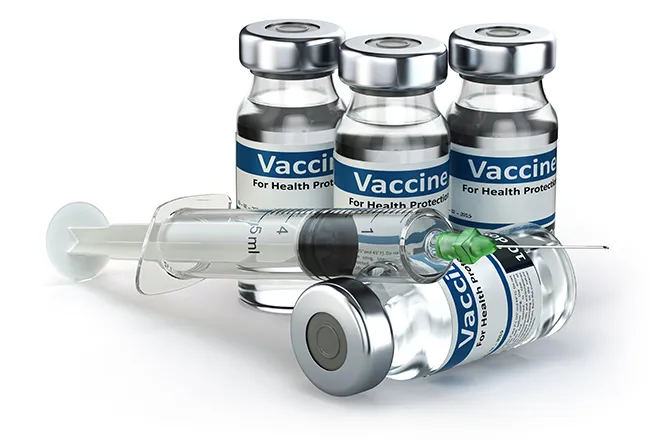
Prevention, Rodent Control Keys to Preventing Hantavirus
State health officials is reminding Coloradans to take steps to avoid hantavirus. There has been one confirmed case of the disease in the state this year, and the patient is recovering.
Hantavirus is a rare, but serious and potentially fatal respiratory disease primarily carried by deer mice. People become infected by breathing in dirt and dust contaminated with rodent urine, droppings or saliva.
Coloradans are most likely to get hantavirus when they are exposed to deer mouse urine and feces in and around their homes. More people contract hantavirus in the spring and summer, often while cleaning up homes, yards and outbuildings.
“You can identify deer mice by their large ears and eyes and white undersides,” said Dr. Jennifer House, state public health veterinarian. “If you see them around your home, assume there is some risk of exposure to this virus.”
Be especially careful if you see any evidence that mice have been in and around buildings or wood and junk piles. The more mice there are, the greater the risk. Because there is no effective treatment for the disease, House emphasizes prevention and year-round rodent control both in and outside the home.
Hantavirus symptoms begin one to six weeks (average two weeks) after exposure. Symptoms include fever, chills and severe pain in the legs and back. About half of people with hantavirus also experience nausea, vomiting and diarrhea. After one to seven days of illness, the disease begins to affect the heart and lungs. Infected people may have a dry cough and difficulty breathing.
“If you become sick with these symptoms, tell your health care provider if you have been in rodent-infested areas,” House said. “People who might have hantavirus need to be hospitalized as soon as possible.”
To protect yourself from hantavirus:
- Remove wood, junk and brush piles near your home. Store firewood at least 100 feet from your house. Keep vegetation around the house well-trimmed.
- Open windows and doors for at least 30 minutes before cleaning sheds.
- Spray accumulated dust, dirt and rodent droppings and dead rodents with a mixture of bleach and water (1½ cups of household bleach to one gallon of water) or another disinfectant.
- Wear rubber, latex or vinyl gloves when cleaning.
- Never vacuum or sweep areas where there is evidence of rodent infestation.
To get more detailed cleaning instructions or learn more about hantavirus, visit visit the CDPHE hantavirus page.
















